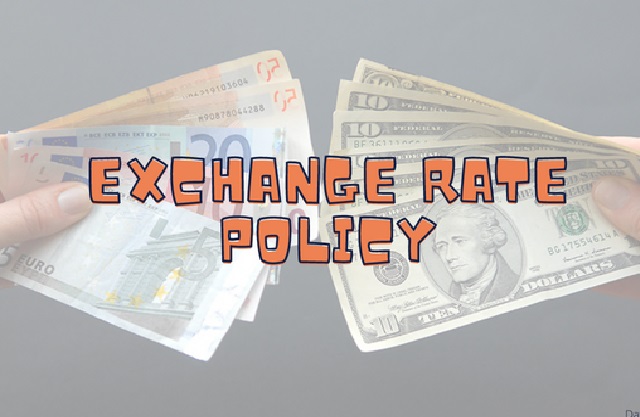Does Exchange Rate Policy Matter for Economic Growth? Evidence from the Economic Community of West African States
Abdul-Maliq Yekeen
Banking and Finance Department, University of Abuja
Tel: 08037770262
Email: [email protected]
(Corresponding Author)
Magaji Sule
Economics Department, University of Abuja
Tel: 08036799700
Email: [email protected]
Abstract
This paper investigates the performance of exchange rate policies in Anglo-phone ECOWAS countries compared to non-Anglo-phone ECOWAS countries using a 15-year pooled regression analysis. The findings indicate that while gross capital formation and secondary education were beneficial for growth in both groups, exchange rate policies and economic openness were not. These results suggest that while flexible exchange rates may be advantageous for developing economies, they are less effective without strong macroeconomic policy credibility. Consequently, the paper recommends that the non-Anglo-phone currency board arrangement be preferred in the proposed West African Single Currency.
Keywords: Exchange Rate, ECOWAS, Currency Board, Impossible Trinity, Regime, Growth, Openness
Introduction
Since the end of the Gold Standard, widely considered the most credible exchange rate regime (Dwivendi, 1990; Miller & Van-Hoose, 1993; Sodersten & Reed, 1994), the world has experimented with various exchange rate policies. These have ranged from the Bretton Woods system of fixed exchange rates (1946-1971) to the Smithsonian Agreement (1973-1985), the Plaza Accord (1985-1987), and the Louvre Accord of 1987. None of these policies have provided a completely satisfactory solution.
Research by Aaron, Elbadawi, & Khan (1997), Ahmadu & Zarma (1997), and Drine & Rault (2003), among others, underscores the significance of exchange rates as a macroeconomic variable. However, maintaining an appropriate exchange rate policy has proven difficult. For instance, Quirk (1994) argues that unrealistic exchange rates are unsustainable, even in the short term. Frenkel (1999) and Bardo (2004) also show that no single exchange rate policy is universally best. The doctrine of the impossible trinity (Azienman, 2011) further complicates achieving both internal and external balance through rigid exchange rate policies.
These findings suggest that countries might benefit from viewing exchange rates as policy outcomes rather than as input variables. Given other policy instruments like output growth, domestic capital formation, capital flow openness, and credible wage and industrial policies, the exchange rate at any given time should be accepted as given. This concept is aligned with the idea of a free-floating exchange rate, though no country adheres strictly to this model. Likewise, fixed exchange rates have not consistently outperformed floating regimes.
The central question is whether exchange rate policies genuinely impact economic growth. If economies with specific exchange rate policies performed better in terms of internal and external balances, the theories of Frenkel (1999) and Bardo (2004) would be disproven, and the doctrine of the impossible trinity would be invalidated. However, empirical evidence does not support this.
This paper aims to use the unique context of the ECOWAS sub-region to investigate the significance of exchange rate policies on economic growth. The ECOWAS region, divided into two distinct exchange rate policy blocs by historical accident, serves as an ideal setting for this quasi-experimental research. The five Anglo-phone ECOWAS countries—Ghana, Gambia, Nigeria, Liberia, and Sierra Leone—have maintained monetary autonomy in interest and exchange rate policies since independence. In contrast, the ten non-Anglo-phone countries have followed a French franc-anchored exchange rate policy, later transitioning to the euro in 1999 (Lamine, 2006).
Despite the non-Anglo-phone countries’ consistent adherence to a fixed exchange rate regime and the Anglo-phone countries’ oscillation between various exchange rate policies, suitable estimation techniques can help smooth out temporary deviations and reveal the underlying effects of these policies on the economic performance of their respective blocs.
Does_Comparative_exchange_rate_policy_matter_for_E
